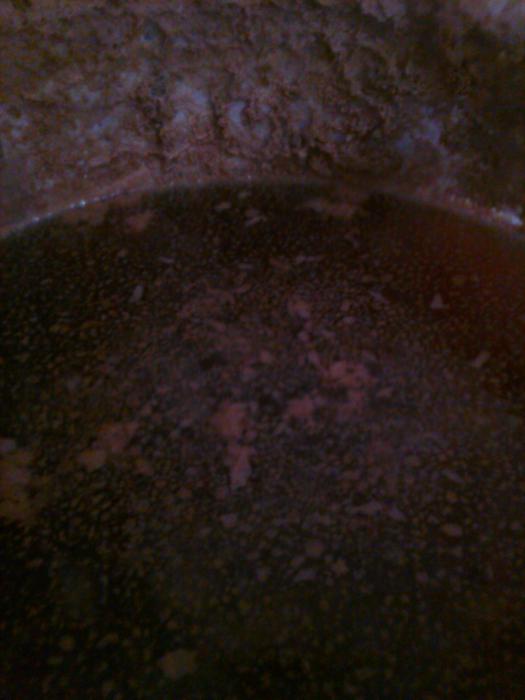Hi all -
I have a double IPA fermenting now, and I'm hoping for a little advice on the final steps, especially in regard to cold crashing.
My current plan:
-bottle after 3 weeks time (if the gravity readings are stable; too early?)
-dry hop 1 week from bottling
-cold crash 2-3 (?) days at the end
I've never crashed a beer down before (new to brewing), but I'm curious to try it. Is a IIPA a type of beer that benefits from it (my thought was that it would minimize the qty. hop pellet particles that get racked into the bottling bucket)?
I don't have a separate fridge to crash in, so is it even feasible to crash in a standard kitchen fridge (space providing)? I ask that question because perhaps sudden changes in temp (consistent with using the kitchen fridge) would be bad for the final product. If so, then should the wort be brought back to room-temp prior to bottling? Would crashing the beer affect the dry hopping in any way?
I attached a picture of the wort now. On the surface there are some solids that I assume will drop out before bottling - especially if I do end up crashing it. Btw, any guess as to what this should get down to? It started out 1.082, but I added TS to dry it out (about 8% of total grain weight). That was on day 3 and at that point it was down to about 1.027. I mashed ~149 and used S33.
cheers!

I have a double IPA fermenting now, and I'm hoping for a little advice on the final steps, especially in regard to cold crashing.
My current plan:
-bottle after 3 weeks time (if the gravity readings are stable; too early?)
-dry hop 1 week from bottling
-cold crash 2-3 (?) days at the end
I've never crashed a beer down before (new to brewing), but I'm curious to try it. Is a IIPA a type of beer that benefits from it (my thought was that it would minimize the qty. hop pellet particles that get racked into the bottling bucket)?
I don't have a separate fridge to crash in, so is it even feasible to crash in a standard kitchen fridge (space providing)? I ask that question because perhaps sudden changes in temp (consistent with using the kitchen fridge) would be bad for the final product. If so, then should the wort be brought back to room-temp prior to bottling? Would crashing the beer affect the dry hopping in any way?
I attached a picture of the wort now. On the surface there are some solids that I assume will drop out before bottling - especially if I do end up crashing it. Btw, any guess as to what this should get down to? It started out 1.082, but I added TS to dry it out (about 8% of total grain weight). That was on day 3 and at that point it was down to about 1.027. I mashed ~149 and used S33.
cheers!




